Arp rosemary survival
leira
13 years ago
Featured Answer
Sort by:Oldest
Comments (15)
fatamorgana2121
13 years agoleira
13 years agoeibren
13 years agoleira
13 years agoltcollins1949
13 years agoltcollins1949
13 years agomarcoringo
10 years agoConor MacDonald, Rhode Island, z6b
7 years agoConor MacDonald, Rhode Island, z6b
6 years agoUser
6 years agoConor MacDonald, Rhode Island, z6b
6 years agoLoneJack Zn 6a, KC
6 years agoConor MacDonald, Rhode Island, z6b
4 years agoLoneJack Zn 6a, KC
4 years ago
Related Stories
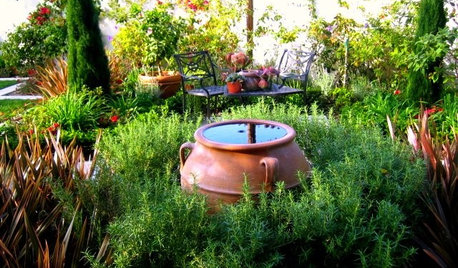
GARDENING GUIDESHerb Garden Essentials: Grow Your Own Rosemary
With its invigorating scent, easygoing nature and ability to make dishes sing with flavor, rosemary may become your new best garden friend
Full Story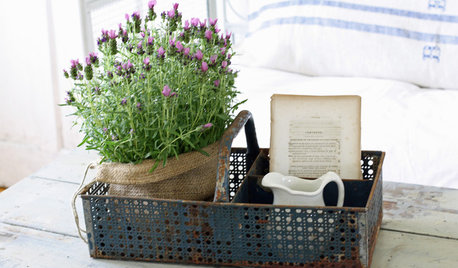
HOUSEPLANTSOutsmart Winter — Make Houseplants of Your Garden Growers
No need to watch Jack Frost play Wreck the Rosemary. Bring your garden inside for the winter, using containers and these guidelines
Full Story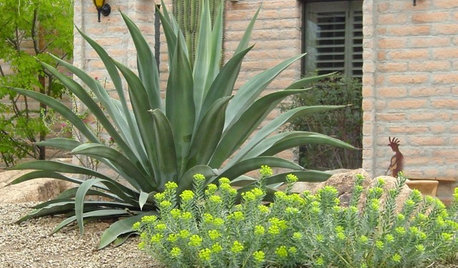
GARDENING GUIDESHow to Spot a Drought-Tolerant Plant
Label? Who needs a label? Learn the characteristics of plants that can thrive in hot, dry conditions to help you pick the right ones
Full Story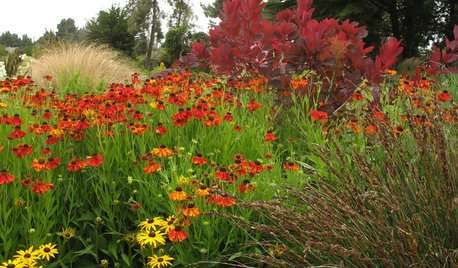
PLANTING IDEASWant a More Colorful, Natural Garden? Try a Perennial Meadow
Spend less time tending and more time taking in the sights by improving on Victorian and prairie garden designs
Full Story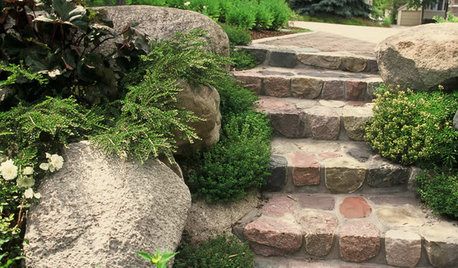
EDIBLE GARDENSHerb Garden Essentials: How to Grow Thyme
Common thyme and its flavorful cousins are anything but ordinary in the garden
Full Story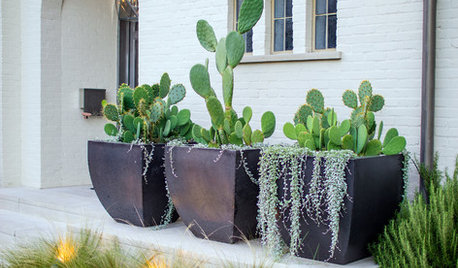
CONTAINER GARDENSCactus and Succulent Containers Are Ideal for Hot, Sunny Spots
Bring on the sun with these heat-loving succulent container gardens
Full Story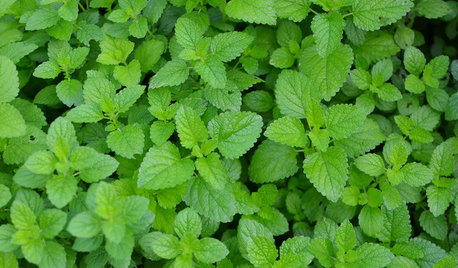
EDIBLE GARDENS12 Essential Herbs for Your Edible Garden
Make home cooking and drinks even better with herbs plucked from your own backyard or windowsill pot
Full Story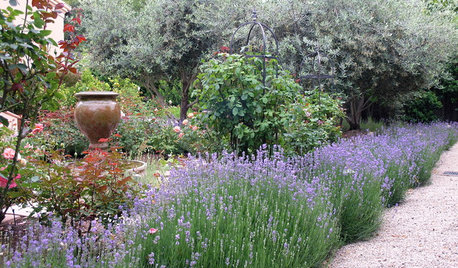
FLOWERSHerb Garden Essentials: Grow Your Own Fragrant Lavender
This do-it-all plant is ideal for almost any garden, and its uses are abundant around the home
Full Story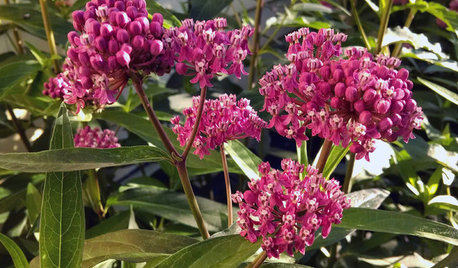
GARDENING GUIDESOh, Deer! 10 Native Flowers That Stand Up to the Herds
Keeping a garden amid hungry deer can be hard, but these plants should fare well
Full Story
FARM YOUR YARDHello, Honey: Beekeeping Anywhere for Fun, Food and Good Deeds
We need pollinators, and they increasingly need us too. Here, why and how to be a bee friend
Full Story





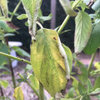


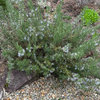
seahorsehurt